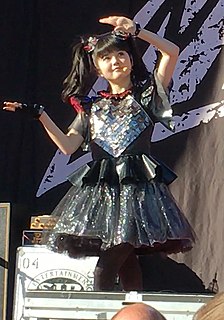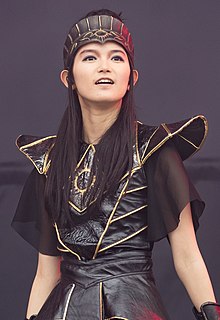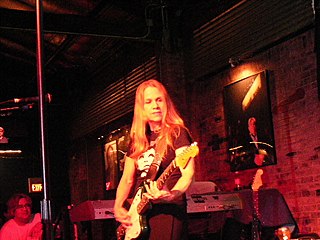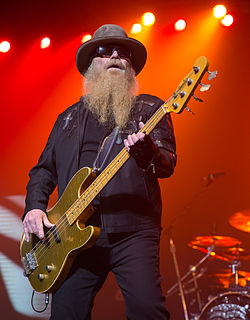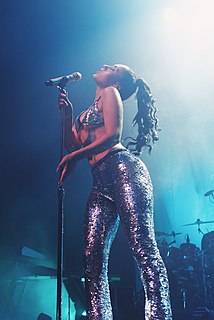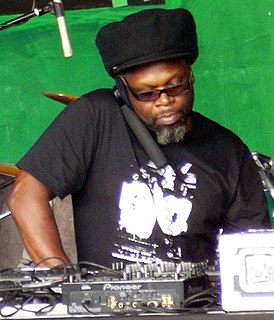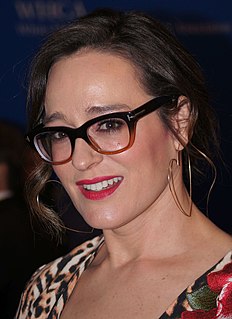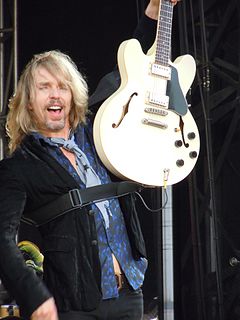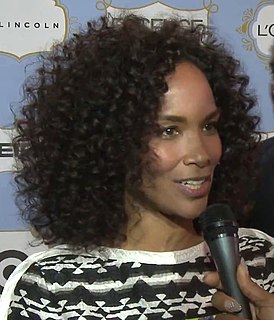A Quote by Yui Mizuno
We were worried at first that our music and message wouldn't get across because we were singing in Japanese. But as we continued doing world tours, we realized and felt that music surpasses such things as language barriers, countries and race.
Related Quotes
When I'm representing my music live I think of it very much in a rock band sense. When I first started doing festivals in the 90s there really weren't other DJs playing the stages I was playing. So I felt I was being afforded an opportunity to kind of make a statement about what DJ music can be live. In the 90s, if you were a DJ you were in the dance tent, and you were playing house music and techno music. There was no such thing as a DJ - a solo DJ - on a stage, after a rock band and before another rock band: that just didn't happen.
